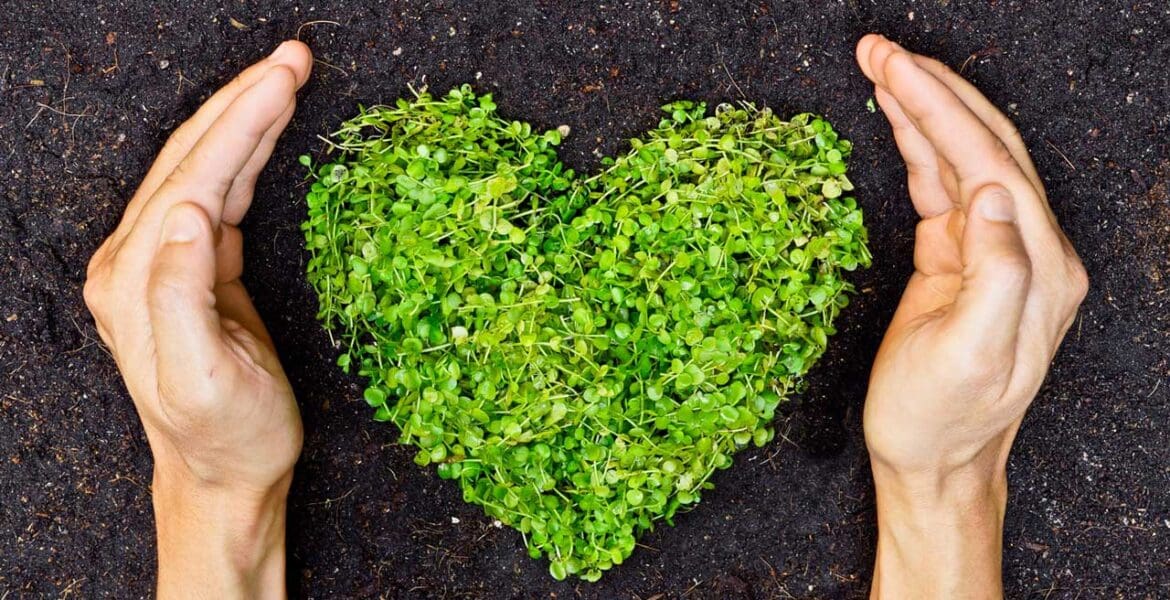By Garrett O’Reilly, MD at Hearts & Science
Eco marketing is growing, by necessity, and with increasing urgency. But that doesn’t mean everyone buys into it.
On the one hand, we see a rise in people – particularly following the pandemic – making more sustainable and ethical purchase choices.
But on the other, we meet resistance, confusion and striking examples of cognitive dissonance.
Part of the problem is that greenwashing has tarnished noble efforts over the years, breeding suspicion; disinformation has confused and divided society; and good intentions are often set aside because the less-green options are usually cheaper, or more sustainable products are deemed lower quality.
The job of the modern marketer, therefore, is to bridge this gap and cater to a broader range of consumers as we transition our economy towards net-zero emissions by 2050, in line with the UK government’s targets.
This will be a Herculean task, but it’s absolutely critical we get it right. The latest findings from the IPCC underline this fact in revealing the devastating impact human activities are “unequivocally” having on our planet.
This means the only choice now is to change our behaviours en masse and learn to live more sustainably. And that means bringing everyone along – including the sceptics, the apathetic, the fence-sitters, and the people who simply don’t like being told what to do.
The UK government knows this, which is why it uses the expertise of The Behavioural Insights Team – more commonly known as the Nudge Unit.
‘Nudge theory’, from where the name derives, proves that small things can make a big difference. It employs heuristics, neuroscience, and branches of behavioural economics to influence people to change their behaviours through positive reinforcement and indirect suggestions.
Already, it has been successful in encouraging green practices across the world, and its most celebrated advocates, Richard Thaler and Cass Sunstein, now want to use it to do much more.
Marketers, brands and businesses should embrace it too.
Subconscious consumerism
To learn more about using nudge theory in sustainability marketing, Hearts & Science recently worked alongside behavioural scientist Richard Shotton. He identified ways that ‘eco nudges’ can change people’s behaviours, especially those who are less susceptible to green messaging, or have good intentions but need a gentle push.
Much of what was uncovered underlines the importance of ‘subconscious consumerism’, by which the adjacent benefits are promoted over and above the green credentials. I believe marketers should pay close attention, as the more widespread use of these sorts of tactics offers huge potential.
For example, it can sometimes be more effective to encourage conscious consumerism, not by making the purchase decision an ethical choice – but a desirable one.
Studies have revealed that healthy products that focus on the most attractive quality – such as flavour – sell better than those that focus solely on the health benefits. This is because people assume prioritising health means sacrificing another quality.
Applying this lesson to sustainability means it would be wise to test overtly pro-environmental language, as it isn’t necessarily the most enticing selling point for all audiences.
Another consideration is to identify the small and seemingly inconsequential barriers that can have a disproportionate effect on behaviour.
Take ‘default’ choices, for example. We have seen this in experiments conducted at the University of Cologne, in which the green choice was made the standard offer on an energy firm’s website. Eco purchases increased nearly tenfold.
People were motivated by what they assumed was the simplest and most popular option.
If we’re serious about greening our economy, then sustainable options need to become the standard for consumers, not a deeper consideration. It also shows us how important the role of a green UX will be in influencing behaviour.
This could also help normalise green choices more broadly in society, and feeds into another branch of behavioural science: the concept of social proof – the idea that when people make a decision, they are influenced by what they think the common course of behaviour is. If a behaviour is made to appear popular, it will become more popular still. To green our society, we need this perhaps more than anything.
Reframe the message
Another fascinating principle is loss aversion. This says we are more likely to change our behaviour if we’re told something will be taken away from us, rather than gaining something.
We saw this successfully demonstrated in 2015 with the introduction of a small charge for plastic bags in UK supermarkets – with the threat of a 5p loss reducing the use of single-use plastic bags by 95%.
For brands, this means specifically looking at how marketing messages can focus on loss over gain, such as flipping messaging from “£2 for a coffee (£1.70 with your own cup)” to “£1.70 (£2 with a disposable cup)”.
It really can be as simple as that – a linguistic reframing. So, I look forward to seeing how brands can experiment with these – and the many more techniques offered by nudge theory – to deliver new learnings that will consolidate into best practices for sustainability marketing.
Of course, nudges alone won’t solve the climate emergency, but they are another forward step that ladders up as every branch of society strives towards a common goal.
For businesses and marketers – who will need to make many strategic shifts in the coming decades – even subtle interventions will help. And as we have seen, sometimes it is the smallest things that have the biggest impact.
Garrett O’Reilly is MD of Hearts & Science UK. To find out more about conscious consumerism, download the latest Hearts Science Forces of Change report.








